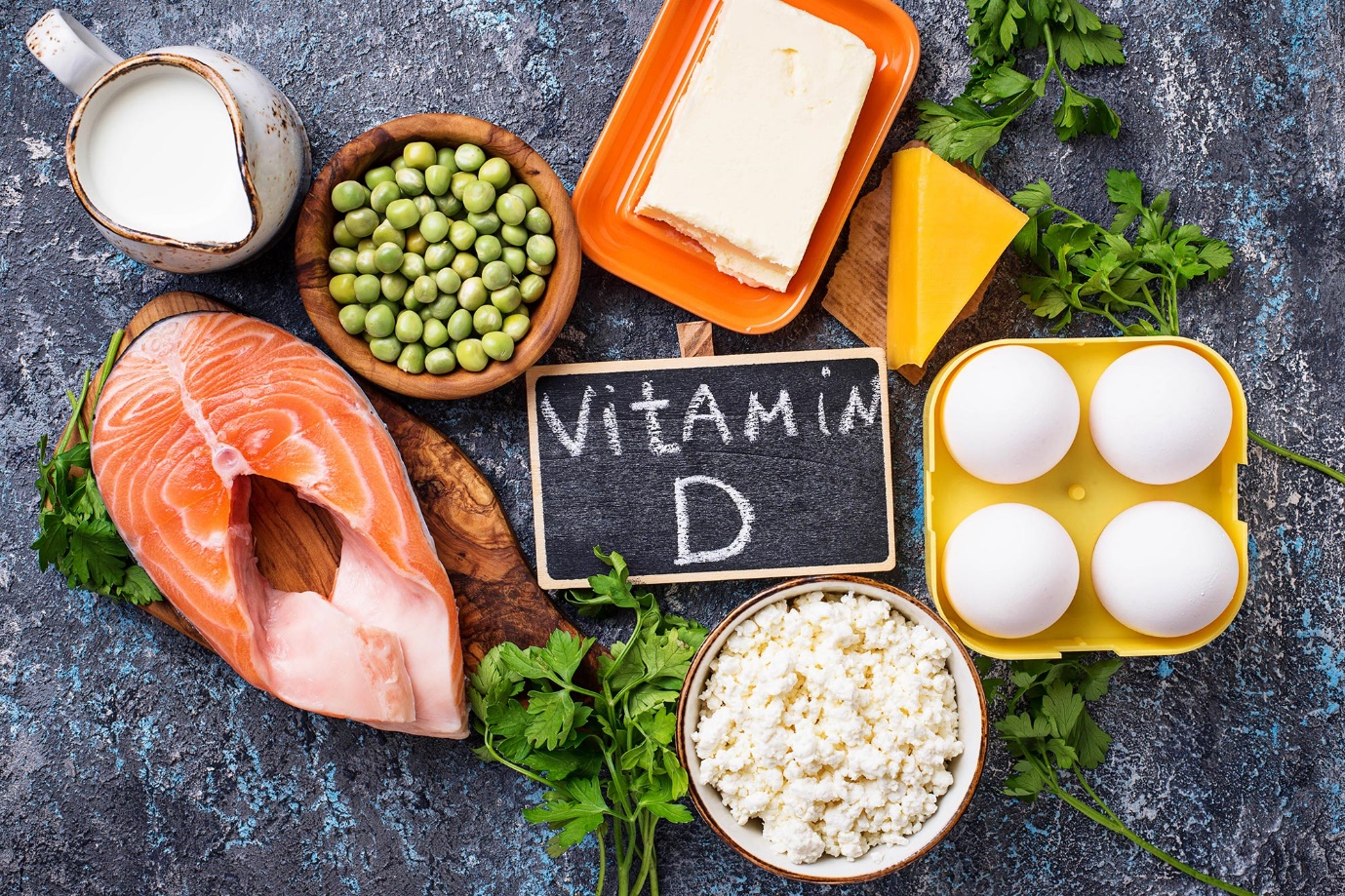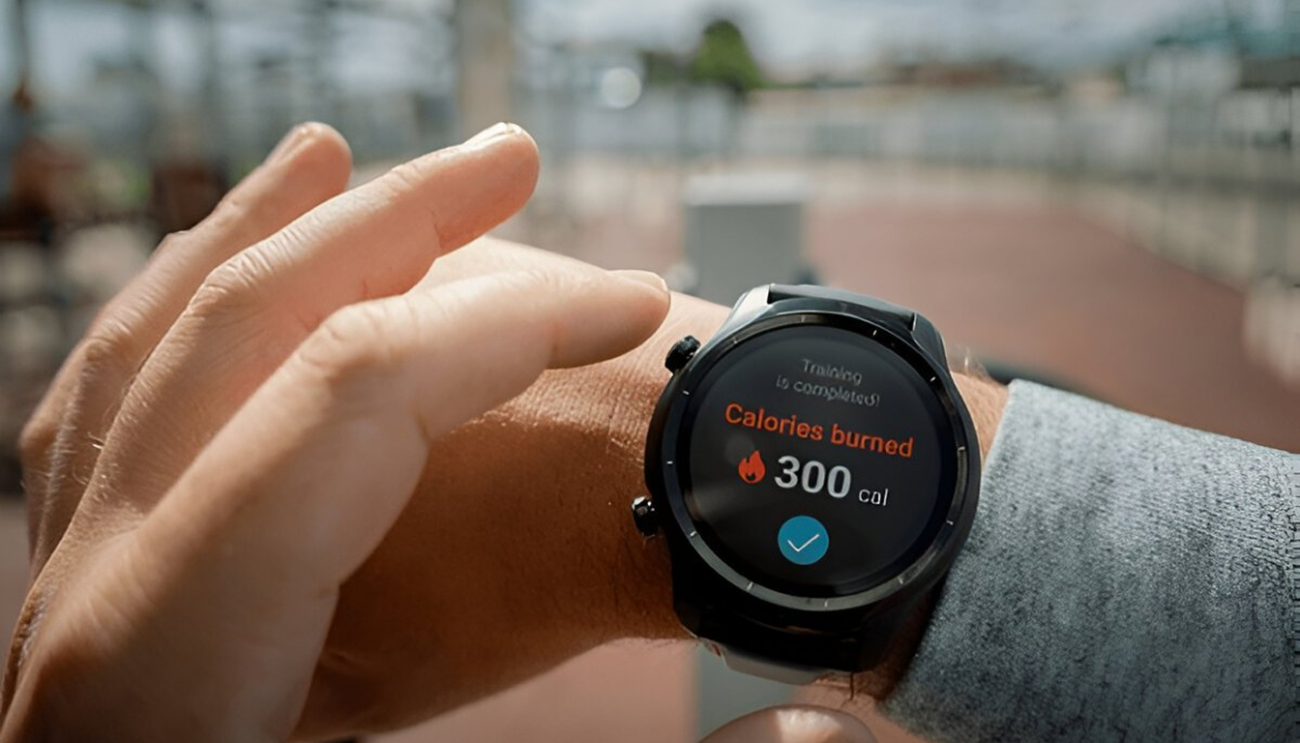IMPORTANCE OF VITAMIN D: HOW TO GET IT FROM FOOD AND SUNLIGHT
Vitamin D is an essential nutrient that plays an important role in the maintenance of strong bones and teeth, as well as the immune system. healthy immune system. Although it can be provided through sunlight,

Vitamin D is an essential nutrient that plays an important role in the maintenance of strong bones and teeth, as well as the immune system. healthy immune system. Although it can be provided through sunlight, foods, and supplements, many people don’t get enough of this essential nutrient. In this article, we will discuss the importance of vitamin D and how to get it from food and sunlight.
Vitamin D is a fat-soluble vitamin needed for the absorption of calcium and phosphorus, both of which are necessary for the growth and maintenance of strong bones and teeth. It also plays a role in maintaining a healthy immune system and preventing chronic diseases like osteoporosis, diabetes, and certain types of cancer.

Vitamin D is called the “sunshine vitamin” because it is produced by the body when the skin is exposed to sunlight. However, many people don’t get enough vitamin D from the sun, especially those who live in northern latitudes or spend a lot of time indoors. In these cases, it is important to get vitamin D from dietary sources.
A diet that includes a variety of foods rich in vitamin D can help ensure that you get enough of this essential nutrient. Some of the best food sources of vitamin D include:
- Fatty fish like salmon, mackerel and tuna
- Egg yolks
- Mushrooms
- Fortified foods like milk and cereals
Salmon, Mackerel and tuna are rich sources of vitamin RE. A 3-ounce serving of sockeye salmon provides nearly 450 international units (IU) of vitamin D, or more than 100% of the recommended daily intake for adults. Tuna and mackerel are also high in vitamin D, with a 3-ounce serving providing about 150 IU.
Egg yolks are also a good source of vitamin D, with one large egg yolk providing about 20 IU. However, it’s important to note that egg yolks are also high in cholesterol, so they should be eaten in moderation.
Mushrooms are a rich source of vitamin D. Some mushrooms are exposed to ultraviolet (UV) light to increase their vitamin D content. These mushrooms can be a good source of vitamin D.
Micronutrient fortified foods such as milk and cereals are also good sources of vitamin D. Many brands of milk are fortified with vitamin D, providing about 100 IU per cup. Some brands of cereal are also fortified with vitamin D, providing about 40 IU per serving.
Another important factor to consider when handling vitamin D is absorption. People with conditions that affect fat absorption, such as Crohn’s disease or cystic fibrosis, may have difficulty absorbing vitamin D from foods. In addition, people who are overweight or obese may also have difficulty absorbing vitamin D due to the accumulation of fat in their tissues.
It is also important to note that vitamin D deficiency is a common problem, especially in older adults. According to the National Institutes of Health, 1 in 4 adults over the age of 60 are vitamin D deficient. This is partly because as we age, our skin is less able to produce vitamin D from the sun.
To prevent vitamin D deficiency, it’s important to make sure you get enough of this nutrient through your diet as well as from sunlight. The best time to enjoy the sun is from 10am to 3pm. when the sun is strongest. If you are at risk for a deficiency, a vitamin D supplement may be needed. Your healthcare provider can help you determine the right amount of vitamin D for you based on your age, sex, weight, and age. weight and other factors.
Another important aspect of vitamin D is the recommended daily intake. The recommended daily amount of vitamin D varies by age and sex. According to the Institute of Medicine, adults up to age 70 need 600 international units (IU) of vitamin D per day, and adults over 70 need 800 IU per day. Pregnant and nursing women need 600-800 IU per day, while infants, children, and adolescents have different recommended amounts.

It is also important to note that taking too much vitamin D can be harmful and lead to side effects such as nausea, vomiting, loss of appetite, constipation, weakness, and weight loss. In severe cases, high levels of vitamin D can damage the kidneys and heart. Therefore, it is important to consult your doctor or registered dietitian to determine the appropriate amount of vitamin D for you.
Vitamin D deficiency is a global public health problem. Insufficient vitamin D intake and limited exposure to sunlight are the main causes of deficiency. People at risk for vitamin D deficiency include those with limited sun exposure, such as the elderly and dark-skinned people, people with medical conditions that affect fat absorption, and people with strict diets. strict or vegan diet.
Another factor to consider when it comes to vitamin D is that it is not only important for bone health but also has many other health benefits. Studies have shown that vitamin D plays a role in regulating the immune system and can help prevent respiratory infections like colds and flu. It has also been linked to a reduced risk of certain types of cancer, such as colon, breast, and prostate cancers.

Vitamin D is also important for heart health. Low vitamin D levels are associated with an increased risk of heart disease, high blood pressure, and stroke. Studies have shown that people with high levels of vitamin D have a lower risk of heart disease and stroke.

Vitamin D is also important for mental health. Low vitamin D levels are associated with an increased risk of depression and cognitive decline. Studies have shown that people with high levels of vitamin D have a lower risk of depression and cognitive decline.

CREATOR: gd-jpeg v1.0 (using IJG JPEG v80), quality = 85
It is also important to note that vitamin D deficiency may be more widespread than previously thought. One study estimates that around 1 billion people worldwide may have low vitamin D levels, including those living in sunny climates. This may be because many people spend a lot of time indoors, wear sunscreen when outdoors, and eat a diet low in foods rich in vitamin D.
In summary, vitamin D is an essential nutrient. It plays an important role in maintaining strong bones and teeth, as well as a healthy immune system. It also has many other health benefits, such as a reduced risk of infection, cancer, heart disease, depression, and cognitive decline. However, many people may not get enough vitamin D from sunlight alone, especially those who live in northern latitudes or spend a lot of time indoors. A diet that includes a variety of foods rich in vitamin D, such as oily fish, egg yolks, mushrooms, and micronutrient-fortified foods, can help ensure you’re getting enough of this essential nutrient. Consult your doctor or dietitian to determine the right amount of vitamin D for you and to avoid any risk of toxicity.



